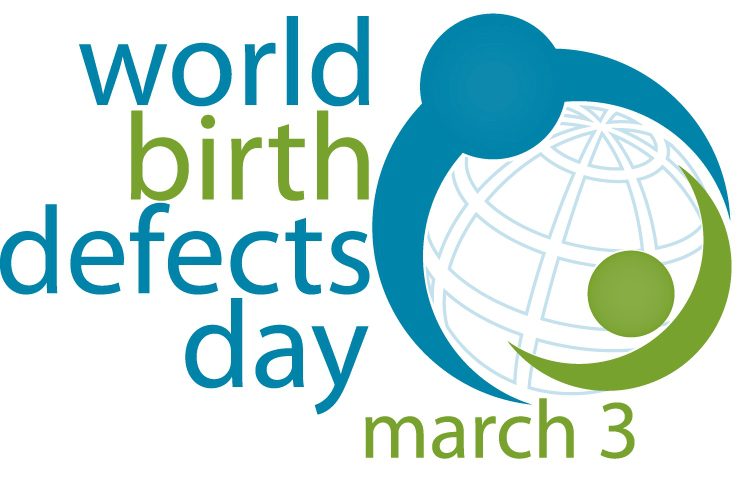Health Promotion Update No. 2 - Series of 2014
Health Promotion and Advocacy Working Group
Adapted Article
DOH adjusts newborn screening protocol
Originally Published Philippine Star, 31 July 2014
Written by Shiela Crisostomo
MANILA, Philippines - The Department of Health (DOH) has modified the protocol for the collection of blood samples for newborn screening (NBS) to effectively cover maple syrup urine disease (MSUD), one of the rare diseases afflicting Filipinos.
In Department Memorandum No. 2014-0200, DOH Undersecretary Janet Garin said at present NBS is “ideally done on the 48th to 72nd hour from birth.”
But to help ensure better prognosis for MSUD, the DOH decided to change the protocol in collecting blood samples from newborns for NBS.
Under the new policy, NBS “should be ideally done immediately after 24 hours from birth and the blood sample should be in the laboratory not later than four days.”
Introduced by the DOH in June 1996, NBS is aimed at the early identification of infants who are affected by certain “genetic/metabolic/infectious conditions.” This was designed to provide afflicted babies with timely intervention, thus reducing death and associated disabilities.
According to Garin, MSUD is an “autosomal recessive inborn error of metabolism caused by the deficiency or absence of the branched-chain ketoacid dehydrogenase enzyme.”
Those afflicted with MSUD may present with poor suck, lethargy, vomiting, irritability, seizures and coma. If left untreated, patients may have serious brain damage and possible mental retardation.
The high incidence of MSUD led to its inclusion in the list of conditions covered by NBS in 2012. But since its inclusion in the NBS Panel, high morbidity and mortality rates for the MSUD-positive screened patients were noted.
Upon review of the cases, Garin said the observation was attributed to the delay in the screening time and/or newborn screening turnaround time or the time from sample collection to testing and eventually to recall of patients for proper management.
“These patients need urgent diet modification as further delay will lead to irreversible complications. For patients recalled beyond five to seven days, urgent peritoneal dialysis may be required to save patients,” she added.
Home »
Health Promotion Updates
,
Newborn Screening Promotion
» Revised protocol on NBS blood spot collection












